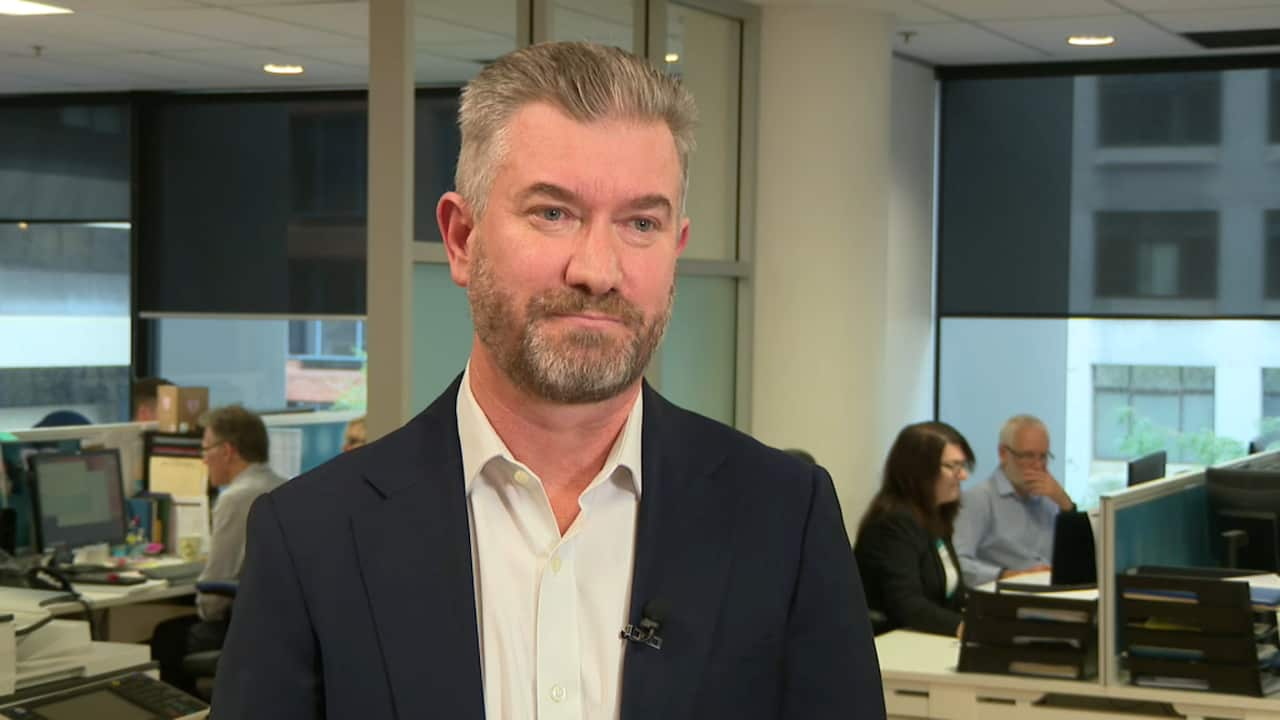"I think I'm pretty good at finding out information myself."
"We don't have enough money."
"I'm actually just looking for one."
That's the sentiment on the streets of Sydney about the need for a financial adviser.
Research from the Association of Financial Advisers and CoreData during the banking royal commissioned revealed more than 71 per cent of people who've never received financial advice would consider getting one ... so what's stopping them?
Forty-seven per cent say they can manage their own finances. A third say it's too expensive. And 13 per cent say they're untrustworthy.
To mark Global Money Week (25-31 March) - an annual financial awareness campaign to inspire children and young people to learn about finance - SBS News is also asking how adults could be better informed about their money.
Why would you need a financial adviser?
Philip Kewin, CEO of the Association for Financial Advisers, says financial advisers play a critical role in building wealth.
"It's interesting because 49 per cent of people don't seek financial advice because they feel they can do it themselves. What they don't know is the financial and emotional wellbeing they can achieve out of financial advice," he told SBS News.

SBS News also found trust was an issue.
"There are 25,000 registered financial advisers out there, there are a handful of instances of poor advice, now a handful is too many ... but the majority of advisers are good hardworking professionals delivering a great outcome for their clients," says Mr Kewin.
The Banking Royal Commission shone a spotlight on financial advice with some larger players singled out for offering fees for no service.
Ten recommendations were made which impact the financial advice sector including the annual disclosure of fees and a single disciplinary body responsible for punishing bad advisers. ASIC-imposed educational standards are already being phased in.
How can you find the right one?
For those seeking financial advice, Mr Kewin says referrals are often the best way to find a financial adviser, with those registered listed on the government's MoneySmart website.
"When you meet an adviser for the first time, they need to give you a financial services guide that tells you who they are, who they represent, how they're paid, what sort of products they can recommend, what they're authorised to give recommendations on," he said.
"That identifies upfront their bona fides, and if you have a particular preference to dealing with an independent adviser versus one that's aligned to an institution, you can establish that up front, it has to be declared."
Erin Turner, from consumer group CHOICE, says the first question anyone should ask a financial adviser is, 'how are you being paid?'
"If they're paid by anyone other than you, they're not working exclusively for you and we've seen time and time again when that happens they're more likely to recommend a product, that isn't in your interest and in some cases have left people with lost retirements, lost thousands of dollars and in serious harm."
How much does financial advice cost?
Mr Kewin says advisers can be paid in a couple of ways.
"Advisers can be paid through a fee, or a commission, or a combination of both. The important thing about fees and financial advisers is that all fees have to be disclosed upfront and agreed to, by the client and adviser, so the client can choose to pay in a way that suits them.
"Generally you would be looking at a couple of thousand [dollars] for an initial plan, but it does depend on the complexity of the plan."

You can see an adviser for one-off help for a particular issue, which will cost you by the hour.
But by not considering your entire financial situation, and creating a plan, it can be hard for an adviser to make recommendations that are in your best interest.
What are the other alternatives?
Ms Turner says there are other alternatives, like financial counsellors.
"They are free, fair independent advisers, they can help you if you're in debt, they can help you figure out what's happening with your credit card, and they can also negotiate with energy providers or utility providers to get you better outcomes."
Financial coaches are also increasing in popularity says David Rankin from Melbourne-based Sort My Wealth.
"I look at somebody's income, outgoings and aspirations in detail and I draw up the perfect budget for them. When I draw up a budget for somebody I'm looking for it to be realistic."
Unlike advisers, they don't have to have an Australian Financial Services Licence because they don't sell tailored financial advice or products.


